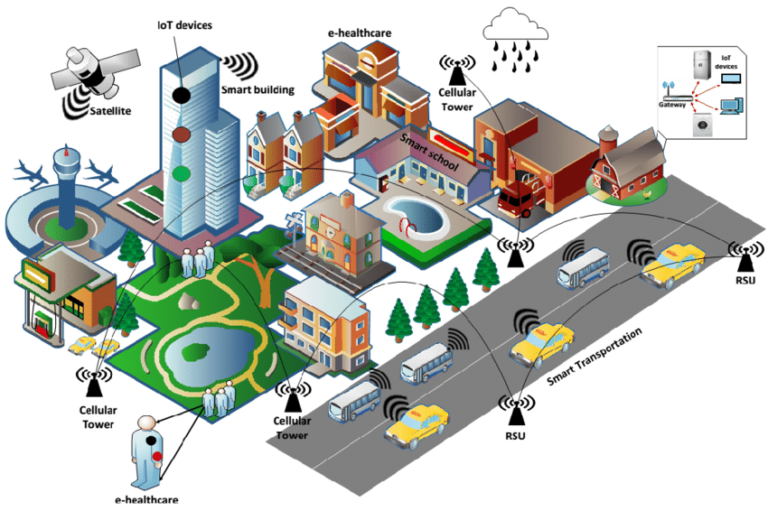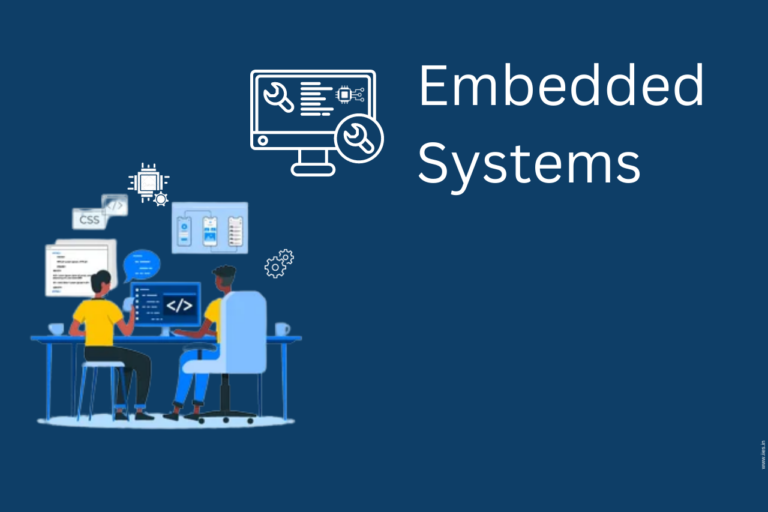Advancements in Real-Time Operating Systems for Embedded Systems

Real-Time Operating Systems (RTOS) are a critical component of embedded systems, providing the necessary framework for managing tasks and processes with stringent timing requirements. As embedded systems become more complex and diverse in their applications, the need for advanced RTOS has grown, leading to significant advancements in this field. This article explores the recent developments in real-time operating systems and their impact on the performance and reliability of embedded systems.
One of the notable advancements in RTOS is the ability to handle multicore processors efficiently. As modern embedded systems increasingly incorporate multicore architectures to meet the demand for higher processing power, RTOS must be optimized to distribute tasks across multiple cores while ensuring synchronization and real-time responsiveness. This development is crucial for applications such as automotive control systems, industrial automation, and aerospace, where real-time processing is of utmost importance.
Another key area of advancement is the integration of safety and security features within real-time operating systems. In safety-critical applications like medical devices and avionics, reliability is paramount. Advanced RTOS now include features such as memory protection, error detection, and fault tolerance mechanisms to ensure the system’s robustness and mitigate the impact of potential failures. Additionally, security enhancements protect embedded systems from external threats, a critical consideration in applications like the Internet of Things (IoT) and connected devices.
Real-time operating systems have also evolved to support mixed-criticality systems, where tasks with different levels of importance or urgency coexist within the same embedded system. This is particularly relevant in applications such as autonomous vehicles, where safety-critical tasks must operate alongside less critical functions like entertainment systems. Advanced RTOS manage these diverse tasks effectively, ensuring that critical operations receive the necessary resources and attention without compromising the overall system performance.
Moreover, the development of lightweight and scalable RTOS has expanded the applicability of embedded systems to resource-constrained devices. This is particularly beneficial in IoT devices, where power consumption and memory usage must be minimized for efficient operation. The ability of modern RTOS to operate in environments with limited resources opens up new possibilities for the deployment of embedded systems in a wide range of applications.
Looking ahead, the advancements in real-time operating systems are expected to continue, driven by the growing complexity of embedded systems and the diverse range of applications they support. The integration of machine learning and artificial intelligence into RTOS is a promising avenue, enabling embedded systems to adapt dynamically to changing conditions and optimize their performance based on learning from real-time data.
In conclusion, advancements in real-time operating systems are instrumental in enhancing the capabilities and reliability of embedded systems. As technology continues to progress, the evolution of RTOS will play a crucial role in enabling the next generation of intelligent and responsive embedded systems across various industries.





+ There are no comments
Add yours